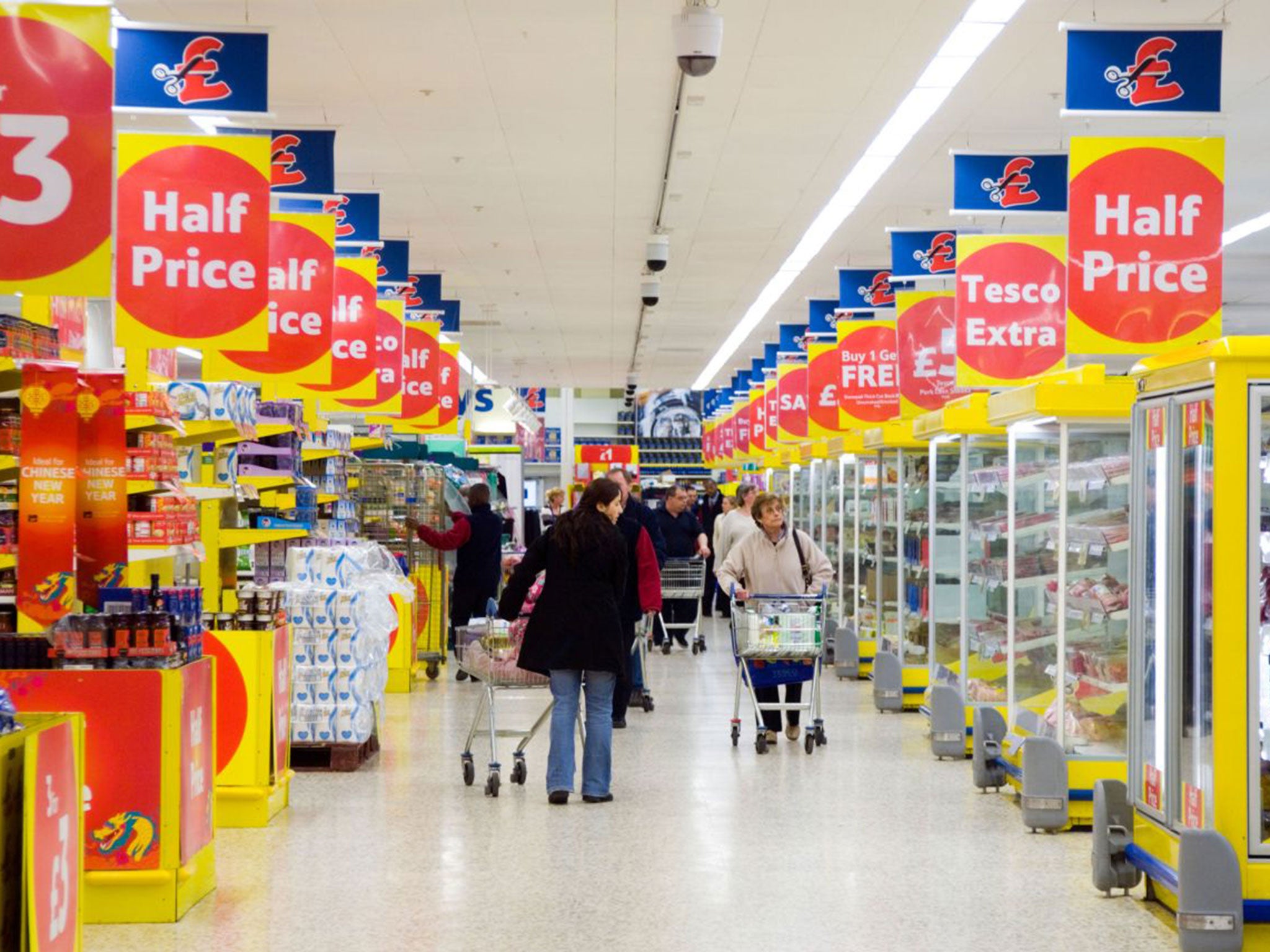Will Tesco’s ‘misreporting’ finally persuade someone – anyone – to act?

Outlook Soon it will be cold enough for Tesco to start stocking winter hats again. I’ll buy one and eat it if the company, or its executives, get successfully prosecuted by the Serious Fraud Office, or any other unit of Her Majesty’s Constabulary saying they are “closely watching” this week’s scandal.
In fact, I doubt the Financial Conduct Authority, which seems to be taking the regulatory lead over this affair, will do much either. Perhaps a fine at some stage should it fund Tesco guilty of misleading the markets, but that’ll mark nary a scratch on a global company turning over £65bn a year. Still, that’s how we deal with corporate wrongdoers in this country.
So, without a meaningful threat of being tried in front of judge and jury, we must look at other ways to prevent the big grocers from misrepresenting the rebates, discounts and other payments they receive from their harried suppliers in future.
For educated ideas on this, it seemed right to ask the Moore Stephens accountant Duncan Swift, whose doughty championing of the rights of suppliers led him to star in the bestselling book Tescopoly, which revealed much of what is wrong in the way the grocery giants treat their suppliers.
He recommends that big retailers should, from now on, have to report in their quarterly accounts how much of their income comes from the tills, and how much from suppliers’ payments.
Cynics might say this would not prevent retail managers from cooking the books, but it would at least concentrate the minds of auditors and finance departments on the fact that they must constantly monitor these payments, and question whether the stated numbers reflect the actualite.
Not only that, but it would give investors and regulators a better handle on just how prolific such demands on suppliers are. Some investors might be fine with backing a supermarket that’s highly reliant on such revenues. Others – in the light of this week – may prefer to stay away.
The supergrocers will doubtless whinge about the extra compliance costs. They have a track record of this, having successfully fought demands from investors to standardise how they account for refurbished or expanded stores in “like-for-like” sales figures.
But the sheer size of Tesco’s misreporting – a quarter of a billion pounds – could just be enough to get investors, regulators, and possibly the government, annoyed enough to demand the retailers act.
You’d get a big additional benefit from quarterly accounting of supplier contributions, too – a buy-one-get-one-free: that is, the ability to see trends. Is the supermarket’s revenue from suppliers increasing or decreasing? Are they screwing them more or less than before? What does this tell us about the state of their business?
If I were a big investor, I’d probably opt for one giving its suppliers less, rather than more grief. The trouble is, anecdotally, the least offensive seem to be Aldi and Lidl, and you can’t buy their shares on the stock market. Coincidence?
Join our commenting forum
Join thought-provoking conversations, follow other Independent readers and see their replies
Comments
Bookmark popover
Removed from bookmarks